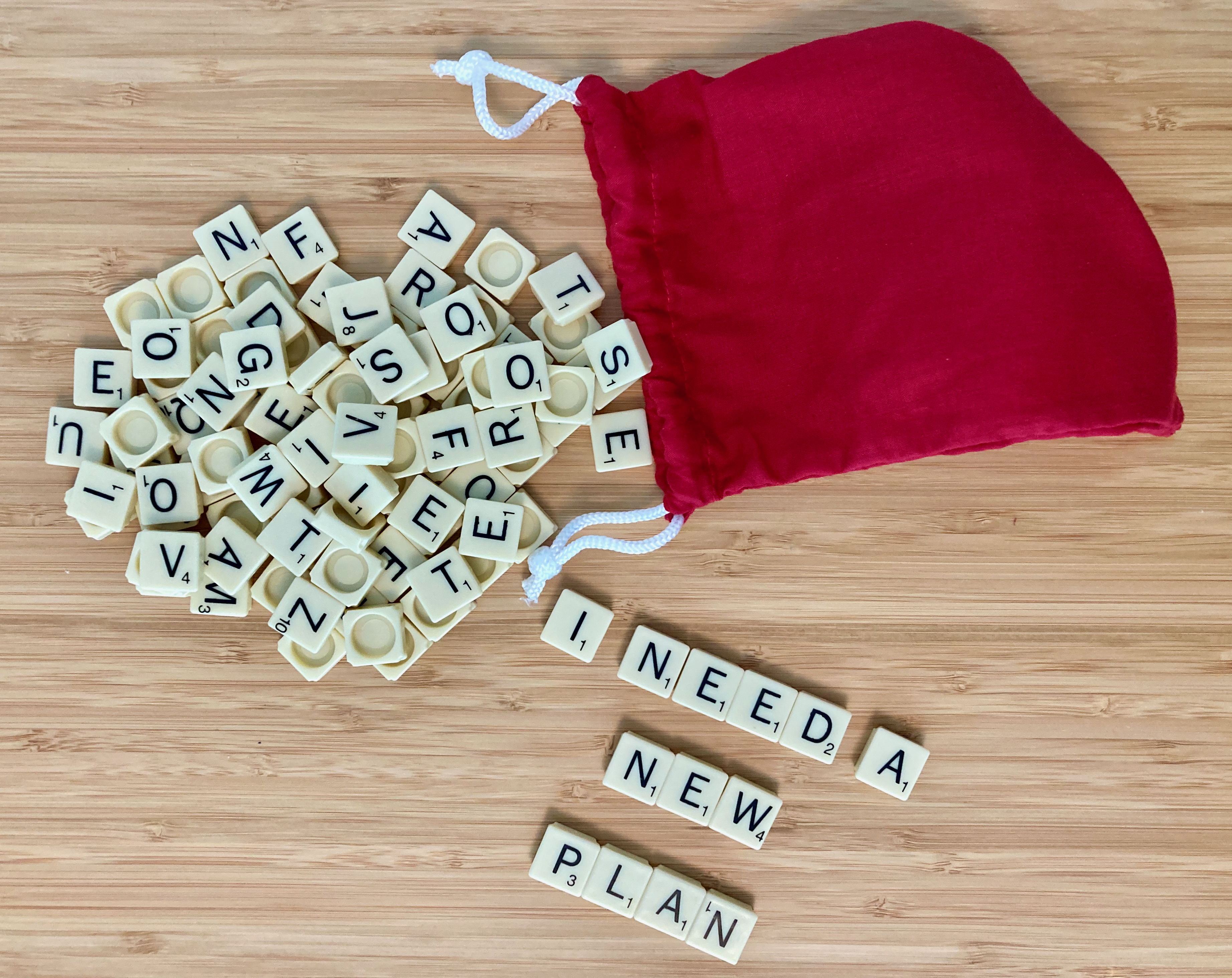Life changes, so do organizational and learning strategies!
Our now grown children, both with learning differences, have recently embarked on what they both call "adulting" and living away from mum and dad. It has been, and continues to be, a steep learning curve for them and all I can say is thank goodness for video calling and text messages!
Without this technology, our kids could not have easily and immediately shared their anxieties with us, talked through daily routine task concerns or discussed miscommunication issues.
Access to this touch-of-the-button help-line with mum and dad (and yes, we know that they are lucky to have this support) has enabled us to work together to address challenges as they have arisen and develop strategies for overcoming them. And so far, we have been able to stop our kids from becoming totally overwhelmed and unfocused.
This change in our family situation has been a stark reminder that the organizational and learning strategies that have been successful for our kids in the past will not necessarily work for them in new situations. It has reinforced the importance of regularly reviewing the strategies they use and adapting them so that they work in new contexts.
In previous posts, I have talked about Will, who has ADHD and dyslexic tendencies, and some of the organizational and learning strategies that he has used.
Will often finds it challenging to focus on more than one task in a day, and routine daily tasks like thinking about what to eat for dinner, or, when to wash his work uniforms often get forgotten. The result he eats toast again and no washing gets done!
Will is currently trialling planning out his meals for the week ahead in a regular, scheduled time-slot. A reminder on his phone prompts Will to do this and also to write a list of the shopping he needs to buy.
Will is also using a daily job rota to remind him what routine household chores such as washing, dusting and vacuuming, he needs to do and when. This is printed out on paper and on display in his room. As he completes a task, he ticks it off.
So far these strategies appear to be working but will need regularly reviewing and, as his life changes, adapting.
Besides his day job, Will spends a lot of time working on a media project. As part of this he produces and saves a lot of written, video and audio files on his computer. This is fine until he needs to retrieve something, Will cannot remember where he has saved the files to, or even what they might be called.
Will's dad (the computer wizard in our house!) has helped him to set up the productivity software, Trello, (other similar software is available) as a strategy for overcoming this challenge.
Together they have set up Trello boards, cards and lists, colour-coded in a way that makes sense to Will. These boards correspond to the different aspects of Will's project and the colour-coding acts as a visual prompt that helps Will to remember the structure of his file organization. But for Will, the best thing about Trello is that everything is all in one place.
Time will tell how successful Trello is as an organizing and management tool for Will and as he begins to use it more, his current boards will probably need adapting to accommodate his changing needs.
Calendars on display in the kitchen with colour-coded entries showing the housemates work schedules, designated working surfaces in the kitchen and sticky note reminders on doors, are just a few of the other strategies currently being trialled by my kids as they venture into "adulting".
All of these organizational strategies will need to be regularly reviewed. It may be that they are no longer needed at all or maybe they need modifying or replacing.
And what we have all learnt on this journey so far is that we all learn, develop and organize differently.
Learning and organizational strategies will only work if they make sense to the individual. As we develop and our lives change, so do the learning and organizational strategies that help us too! And remember it is okay to change the way we do things and make new plans!
Other posts you might like: The signs that Will had learning differences
